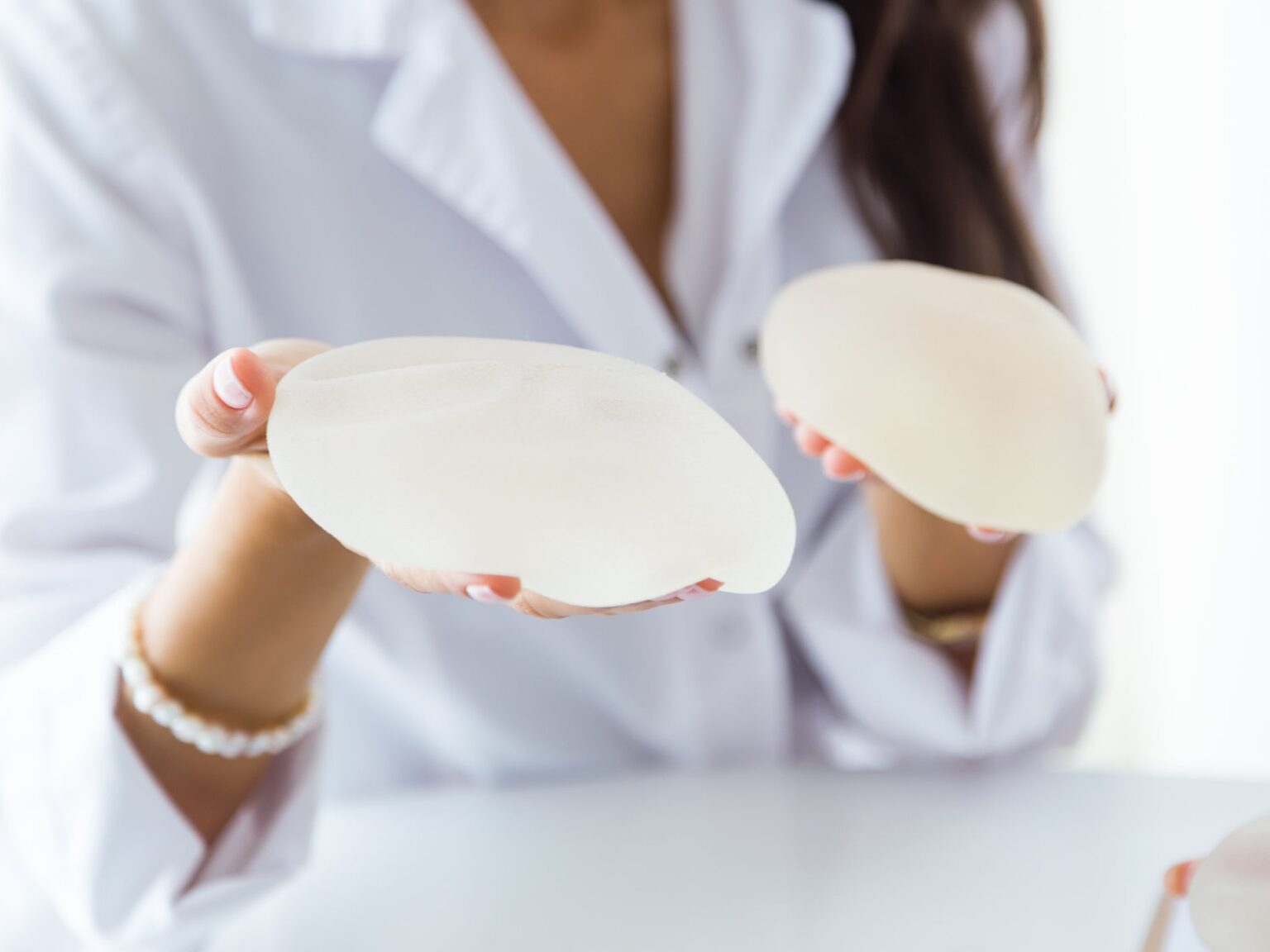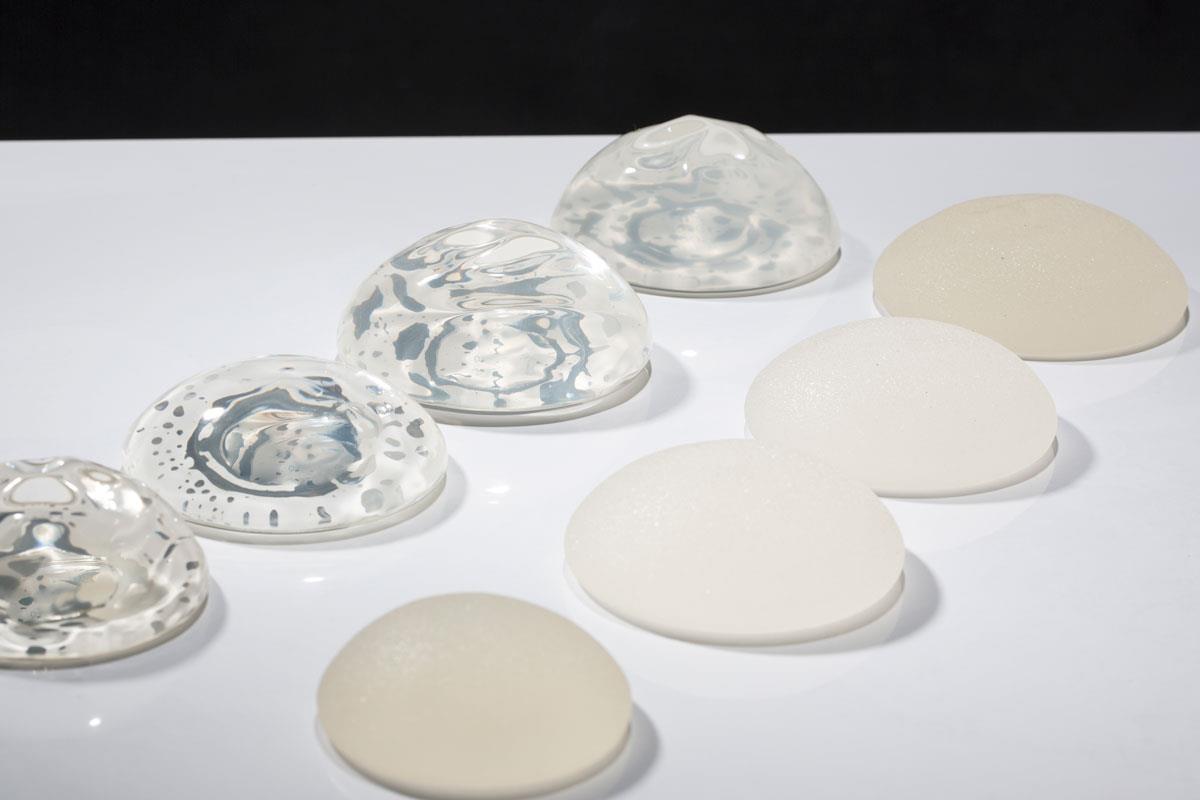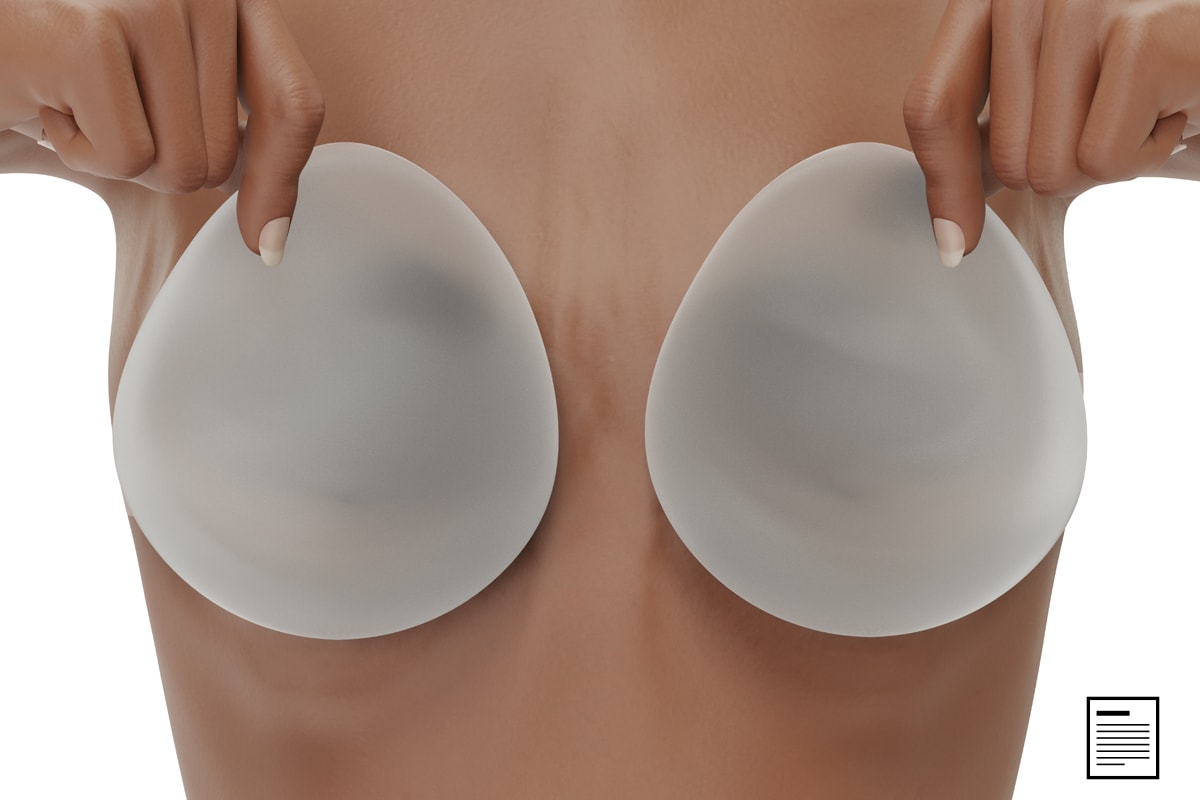
Is there an illness caused by breast implants? Inside the latest study
If you’ve ever considered getting breast implants, or if you’re even a tad bit curious, you might’ve come across some great testimonials about the aesthetic upgrade they can bring into your life, not to mention spice up your sex life. At the same time, you would’ve come across some absolute horror stories about things going wrong in the aftermath of such surgeries or operations.
These tales of inexplicable pain & discomfort all over the internet now – women have been complaining about symptoms such as fatigue, depression, anxiety, chest pain, chills, rashes, and hair loss. For a lot of these cases, the common denominator is that they’ve undergone the same change in recent time: breast implants.
The women have become highly suspicious of the operation due to the downright debilitating symptoms, so much so that a number of them are considering or have already opted for removing their implants. And this number is witnessing a consistent increase, mostly, because women hope that the removal of implants will take away the symptoms.

What does science say?
Now, if you’ve been wondering about getting one or if you already have breast implants, your worries are valid. The best way to satiate these anxieties is finding the answers in science. Currently, all these symptoms are being referred to as the Breast Implant Illness. We agree that’s not very creative, but it does the trick. Let’s dive deeper into it.
Previously, the studies didn’t show any connection of either silicone or saline-filled implants to either of the diseases that show up in these symptoms. However, newer research – even though extremely preliminary – might offer some answers.
A study published in January 2019 titled, “US FDA Breast Implant Postapproval Studies: Long-term Outcomes in 99,993 Patients” by researchers at the Department of Plastic Surgery, MD Anderson Cancer Center, Houston, Texas seems to indicate an association between silicone breast implants and certain autoimmune diseases.

Establishing the background, the study mentions, “Research is ongoing regarding the safety of silicone breast implants. Despite the number of patients with breast implants followed by United States Food and Drug Administration large postapproval studies (LPAS), this database has not been thoroughly analyzed or reported.”
In rather abstract terms, the study also concludes, “This is the largest study of breast implant outcomes. Silicone implants are associated with an increased risk of certain rare harms; associations need to be further analyzed with patient-level data to provide conclusive evidence. Long-term safety and implant-related outcomes should inform patient and surgeon decision-making when selecting implants.”

Are we there yet?
So far studies have established that silicone breast implants might have something to do with an increased risk of developing autoimmune diseases. These include rheumatoid arthritis, Sjögren’s syndrome, scleroderma, and sarcoidosis. But even this study doesn’t say anything with certainty. In a way, all it does is indicate that the women complaining of or showing these symptoms are credible.
With symptoms ranging across the spectrum of numbness & tingling in the extremities, joint and/or muscle pain, hair loss, memory loss/cognitive problems, dry eyes and/or blurred vision, chronic fatigue, breast pain, rashes and/or hives, food sensitivity/intolerance, flu-like symptoms and/or low-grade fever, and difficulty breathing, nothing’s off the table yet.

The bottom line still remains that the evidence isn’t strong enough to link the two things together, but at least the narrative is changing. At least, women are now being believed. Until now, all they had were online communities & support group that believed their claims.
As Diana Zuckerman, Ph.D., president of the National Center for Health Research, Cancer Prevention and Treatment Fund points out, “Women have been complaining of issues with their implants since the 90s—but social media has allowed them to connect to amplify their voices and concerns.”







